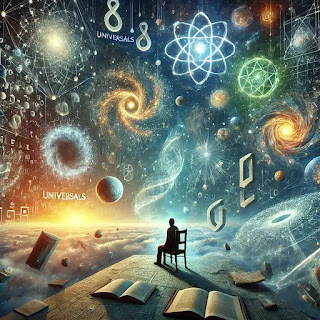Chaos Theory, Symbiotic Information, and Conspiracy theories

Conspiracy theories have become quite commonplace in society. They pervade many cultures and subcultures and exist on both sides of the political spectrum. They are nothing new. Conspiracy theories have been around in various forms for centuries. They have been formulated and developed over the years to demonize individuals and/or certain social, political, and ethnic groups and turn opinion against these groups with the intent of either deligitimizing or outright destroying these individuals or groups. The advent of information technology, in particular the internet, has made the creation, development, and propagation of conspiracy theories much more rapid and much easier. The internet gave fringe groups and their conspiracy ideation a larger platform with more potential for their ideas to enter into the mainstream. Conspiracy theory development gets its causal root in the natural uncertainty of the human condition and ...









